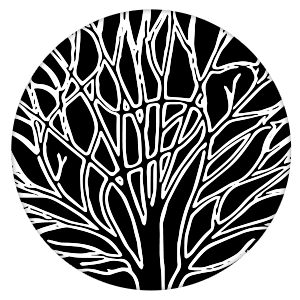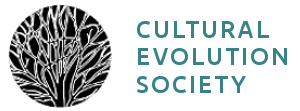Animal Cultures: Core Discoveries and New Horizons
Lecture 3: Social learning strategies – Adaptive learning biases
Rachel Kendal, University of Durham, UK
Building on your understanding of social learning we consider the role of adaptive biases in cultural transmission. Indiscriminate use of information, whether individually or socially acquired, is not beneficial as each carries costs such as the length of time it takes to learn something difficult for oneself or the cost of acquiring unreliable information from another. Animals (including humans) make selective use of information using 'rules of thumb' influencing when they use social information and from whom they acquire it. These heuristics are known as social learning strategies, or transmission biases, and I will give an overview of their diversity using studies of both captive and wild animals, highlighting the implications for the evolution of animal culture.
The lecture is divided into 3 parts:
3a. Introduction and Context Dependent state-based biases
3b. Context Dependent model-based biases and frequency dependent biases
3c. Content Dependent social learning strategies and conclusions.
Rachel Kendal
Lecture slides (pdf)
Core (testable) readings
Kendal, R. et al. 2018. Social learning strategies: Bridge-building between fields. Trends in Cognitive Sciences 22: 651-665
The most recent review of evidence for social learning strategies and discussion of mechanisms underlying social learning strategies.
Rendell, L. et al. 2011. Cognitive culture: theoretical and empirical insights into social learning strategies. Trends in Cognitive Sciences 15: 68-76
A concise summary of the theory behind social learning strategies and associated experiments.
Further reading
Kendal, R. et al. 2005. Trade-offs in the adaptive use of social and asocial learning. Advances in the Study of Behaviour 35: 333-379
An early in depth investigation of theory in relation to social learning strategies and the empirical evidence available at the time. And see the many studies cited on the slides for further reading related to evidence of specific social learning strategies
This project was supported by Grant #61105 from the John Templeton Foundation to the University of Tennessee, Knoxville (PIs: S. Gavrilets and P. J. Richerson) with assistance from the Center for the Dynamics of Social Complexity and the National Institute for Mathematical and Biological Synthesis at the University of Tennessee, Knoxville.

The Cultural Evolution Society's Online Learning Tutorial Series is licensed under a Creative Commons Attribution-NonCommercial-ShareAlike 4.0 International License. For designers' contact information, click here.



